I think you’ll find these two things to be true:
1. Your customers increasingly use their smartphones for information
2. Competition in industries across the board has grown exponentially.
These two realities are changing a business’ relationship with its customers.
With an influx of information at their fingertips, people have become more adept at tuning out what’s not relevant to what they’re looking for. We simply can’t push our agenda on customers anymore like we used to, so now we have to adjust to figure out how to attract them to what we have to say. In a world where businesses are realizing more and more that they are competing for attention rather than action (sales, clicks, inquiries, etc.), strategies are beginning to shift. This is why you keep hearing about this thing called “content marketing” and even though it’s been around forever, it’s more important than ever to have a plan for it.
So what is it, exactly?
According to the Content Marketing Institute (and they should know),
content marketing: “a strategic marketing approach focused on creating and distributing valuable, relevant, and consistent content to attract and retain a clearly defined audience — and, ultimately, to drive profitable customer action.”
You could argue that literally anything you put out as a business could fall into this category, and you’d be right. But, the key here is in how we define “valuable, relevant and consistent”. In this case, content has to be all those adjectives at once… from the point of view of your customer.
This sounds pretty basic, but it’s a total shift in mindset for a business because good content that will attract a potential customer and stand out from the competition has to be devoid of any direct benefit to the brand itself. Good content does not explicitly sell your product or solution, and it also doesn’t promote a discount or offer.
In fact, good content doesn’t mention your product or service at all.
Publishing good content and distributing it to a targeted audience establishes authority (you’re the one giving them the answers!) and keeps your brand top of mind. It’s helpful in the sense that the information you’re providing shows why a customer may want to make a purchase sometime in the future.
If you can solve a problem or provide more information to a customer at the time he or she seeks it, you’ve introduced your brand to them long before they’ve made a conscious decision that they need to buy something in the first place. The goal is that once they are ready to make that decision, you’re the solution that first comes to mind.
Types of Content Marketing
Blogs
Video Channels
Podcasts
Checklists
How Tos, Guides, White Papers
Infographics
Newsletters
The list goes on… Choose one thing to start with and gauge your response over time.
The most important thing is that your content is valuable.
For it to be valuable, you’ve got to know exactly who you’re speaking to and do some work on what your customers’ biggest hurdles are. What kind of questions [relevant to your business and the solutions you offer] might they have? This is your chance to answer them so they’re more informed about what they’re looking for. Once you start doing this consistently, you become the natural choice when they want to take the next step.










